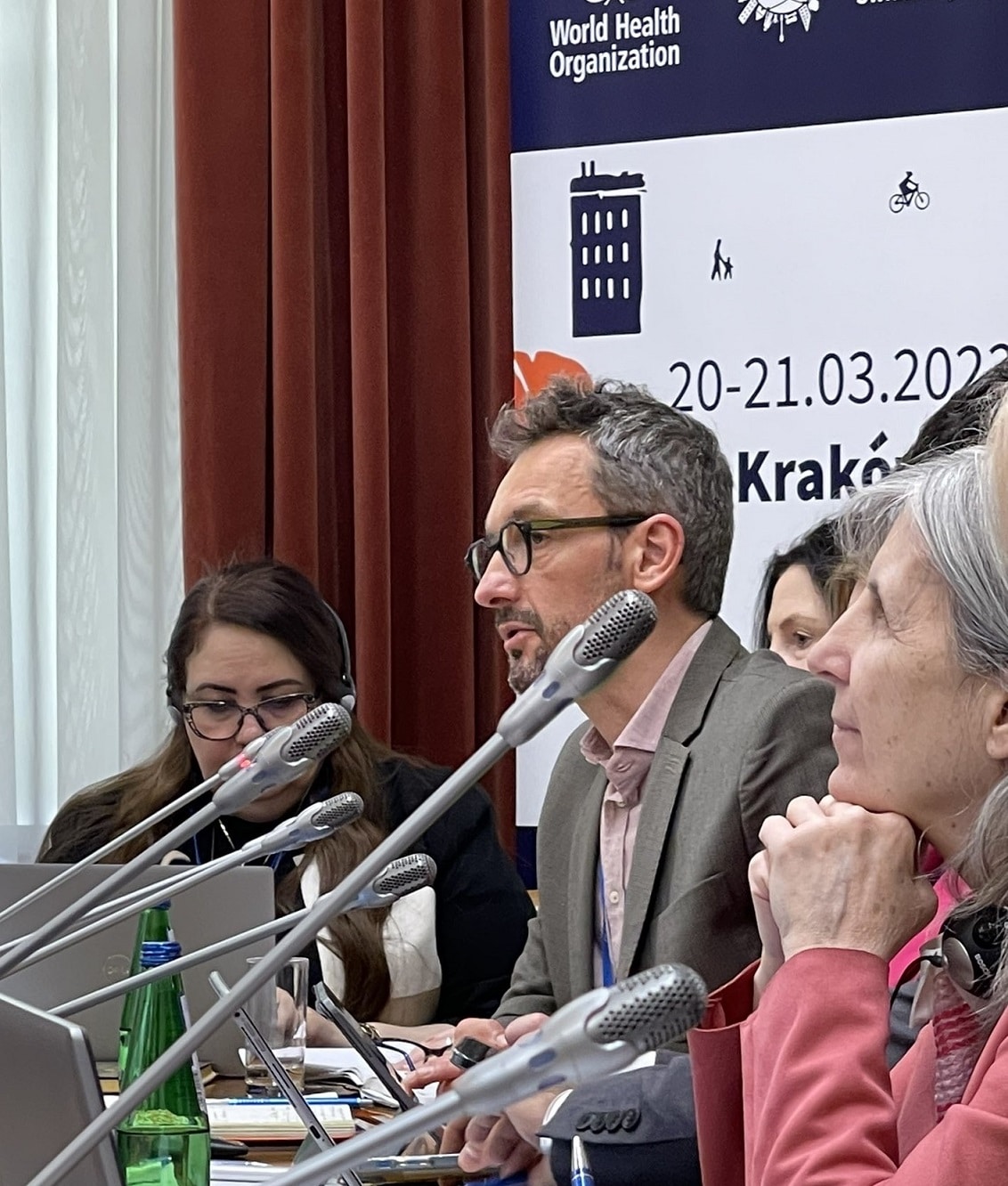
The World Health Organization held last March a stakeholder consultation meeting to discuss age-friendly environments in emergency contexts. The meeting was also the opportunity to celebrate Krakow’s recent membership of the WHO Global Network for Age-Friendly Cities and Communities.
Hosted in the Jagiellonian University, one of the oldest universities in Europe, the conference brought together WHO representatives and a broad range of stakeholders from various sectors, including local authorities, academia, civil society organisations and activists working to transform the world to be a better place to grow older.
Participants assessed the implementation of age-friendly cities and communities in various countries and discussed its role in the management of crisis and emergencies.
“We all have something valuable to contribute, and we must work together to attain our goal of creating age-friendly environments in Poland”, underlined WHO Representative Dr Paloma Cuchi who chaired the meeting. Even simple everyday gestures can make a difference, as show residents in the Polish city of Stargard, who set up a chair in front of their homes so that older people or anyone else in need can sit down and rest.

Maciej made also a strong pledge for the adoption of a United Nations’ convention for the rights of older persons. Such convention should facilitate the enhancement of age quality in practice in practice and transform the world to be a better place to grow older, together.
Useful links:






